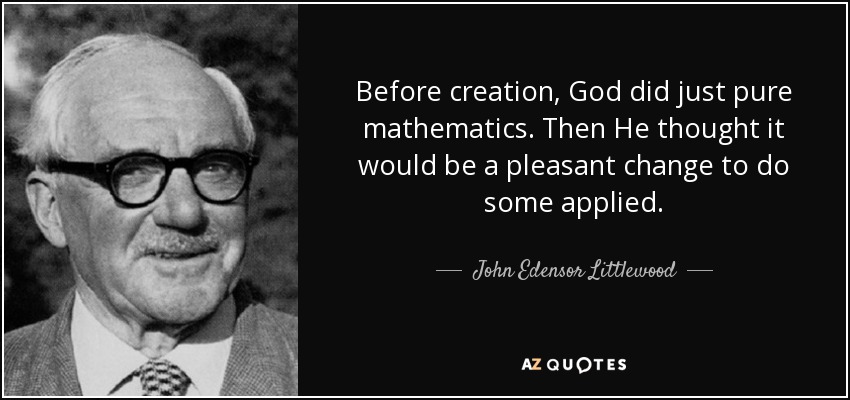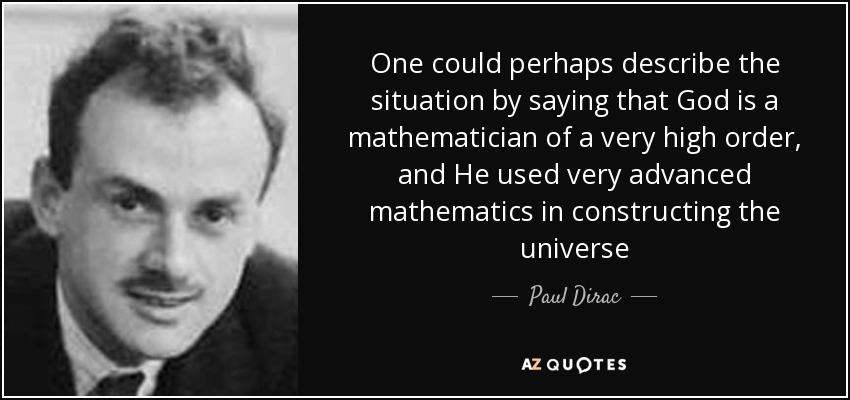Math: Discovered, Invented, or Both?
How is it possible that all the phenomena observed in classical electricity and magnetism can be explained by means of just four mathematical equations? Moreover, physicist James Clerk Maxwell (after whom those four equations of electromagnetism are named) showed in 1864 that the equations predicted that varying electric or magnetic fields should generate certain propagating waves. These waves—the familiar electromagnetic waves (which include light, radio waves, x-rays, etc.)—were eventually detected by the German physicist Heinrich Hertz in a series of experiments conducted in the late 1880s.
And if that is not enough, the modern mathematical theory which describes how light and matter interact, known as quantum electrodynamics (QED), is even more astonishing. In 2010 a group of physicists at Harvard University determined the magnetic moment of the electron (which measures how strongly the electron interacts with a magnetic field) to a precision of less than one part in a trillion. Calculations of the electron’s magnetic moment based on QED reached about the same precision and the two results agree! What is it that gives mathematics such incredible power?
Math: Discovered, Invented, or Both? - The Nature of Reality — The Nature of Reality | PBS
Why Does Mathematics Explain the Universe?
In the end, math is the language of the universe. With it, we can understand the basic construction of our home in the cosmos. You might be thinking to yourself, ‘why is the universe a mathematical place’. In the end, the answer is simply ‘that is the way our universe is’, because that is what we designed math to do.
https://futurism.com/why-does-mathematics-explain-the-universe/
Mathematics & Reality
The belief that mathematics is the surest path to the truth about the universe because the latter is at bottom mathematical has been very influential in Western thought. It goes back to Pythagoras’s assertion that “All is number,” or, as Aristotle paraphrased it, “The principles of mathematics are the principles of all things.” It is the rationale behind Plato’s insistence that no one should enter his Academy without knowledge of geometry. Pythagoras’s discovery of the mathematical ratios underlying pitch, such that doubling the length of a string on a musical instrument produces a note an octave lower, has resonated long and loud through human consciousness. Galileo’s assertion that “The book of nature is written in the language of mathematics” has been a guiding principle of science since the scientific revolution to which he contributed so much. The idea of the universe as a gigantic computer, and the belief that everything (including conscious experience) is information that is either itself digital or can be digitised without loss, is but a recent manifestation of Pythagoreanism.
https://philosophynow.org/issues/102/Mathematics_and_Reality



